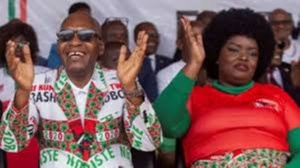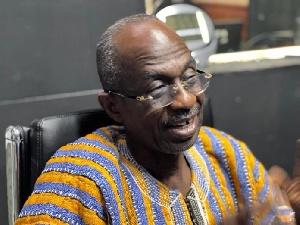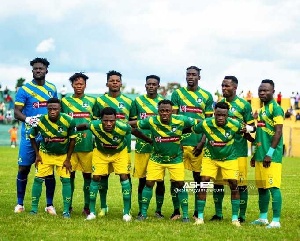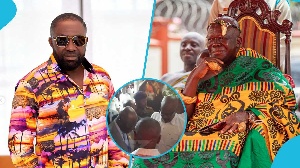Africa News of Thursday, 5 June 2025
Source: www.ghanawebbers.com
Burundi's ruling party seeks to tighten grip on power
Voters in Burundi are going to the polls. They face rising inflation, fuel shortages, and political repression.
Seats in the National Assembly and local councils are up for election. President Évariste Ndayishimiye is safe in his position. He is serving a seven-year term that ends in 2027.
These elections will test the popularity of the CNDD-FDD party. This party has been in power for 20 years and was once a rebel group.
Burundi is one of the world's poorest countries. Recent spikes in food prices have added to residents' struggles.
Opposition parties report harassment of their supporters by CNDD-FDD's youth league, Imbonerakure. Gabriel Banzawitonde, leader of the APDR party, said people feel intimidated. They avoid wearing any colors except those of the ruling party.
Despite this fear, he believes voters will support them privately. "Once in the voting booth, they promise to vote for you," he stated.
Many political analysts refuse to discuss the elections due to fear of repercussions. One expert said staying quiet helps avoid trouble.
They noted that everything seems designed to favor the ruling party. Some officials even suggest a one-party system might benefit Burundi.
Chronic foreign currency shortages affect imports like medicine and fuel. Analysts say Burundi now has less than one month's worth of reserves for imports. The regional standard is at least four months' worth.
Long queues at service stations are common as motorists wait for rationed fuel. These lines can stretch up to 100 meters (330 feet) and last days or weeks.
According to the World Bank, an average Burundian earned $193 (£142) in 2023. This income is the lowest within the East African Community trade bloc.
Economist Faustin Ndikumana doubts Burundi's situation will improve soon. He emphasized that good governance must be established first.
In contrast, President Ndayishimiye claims conditions have improved since 2005. He says residents now have money for shoes, clothes, and houses.
The CNDD-FDD often reminds citizens that it fought for Hutu access to power after decades of Tutsi oppression.











